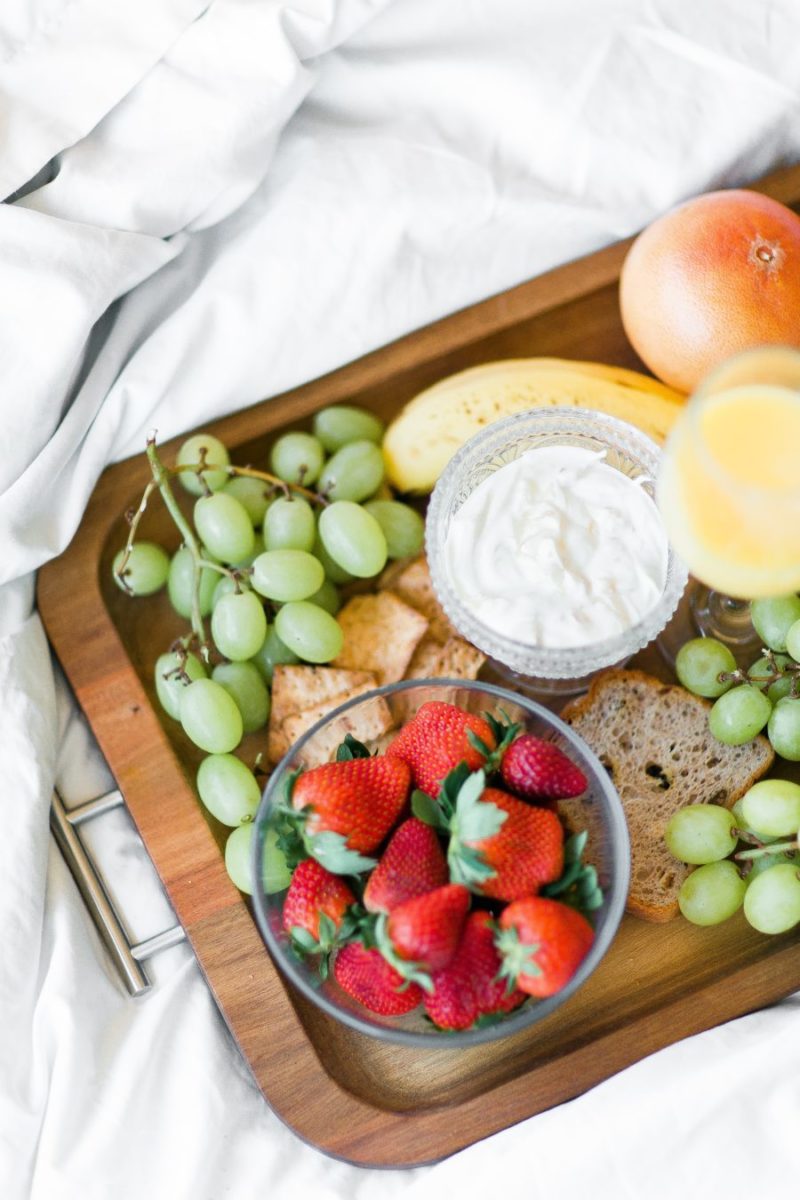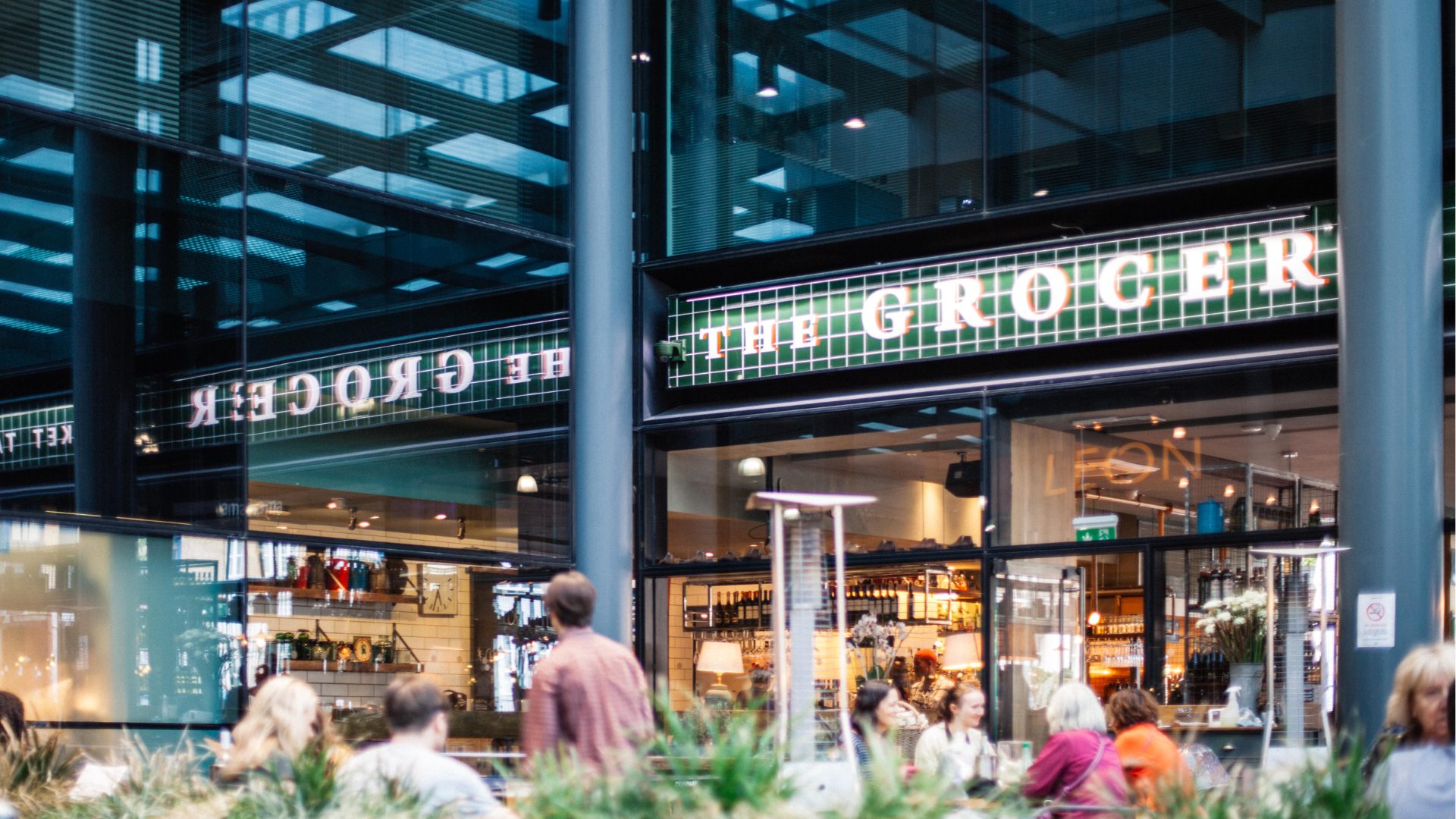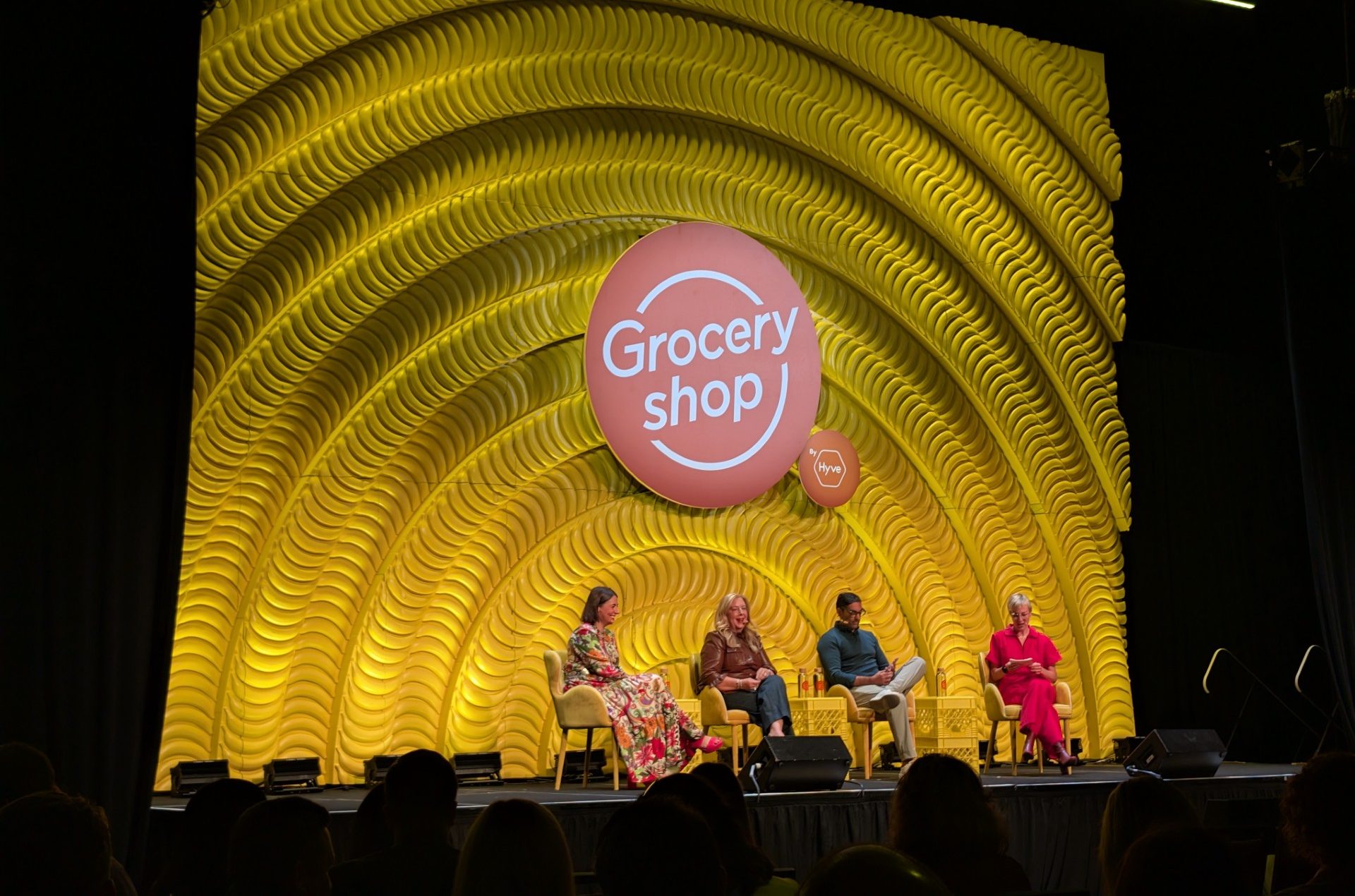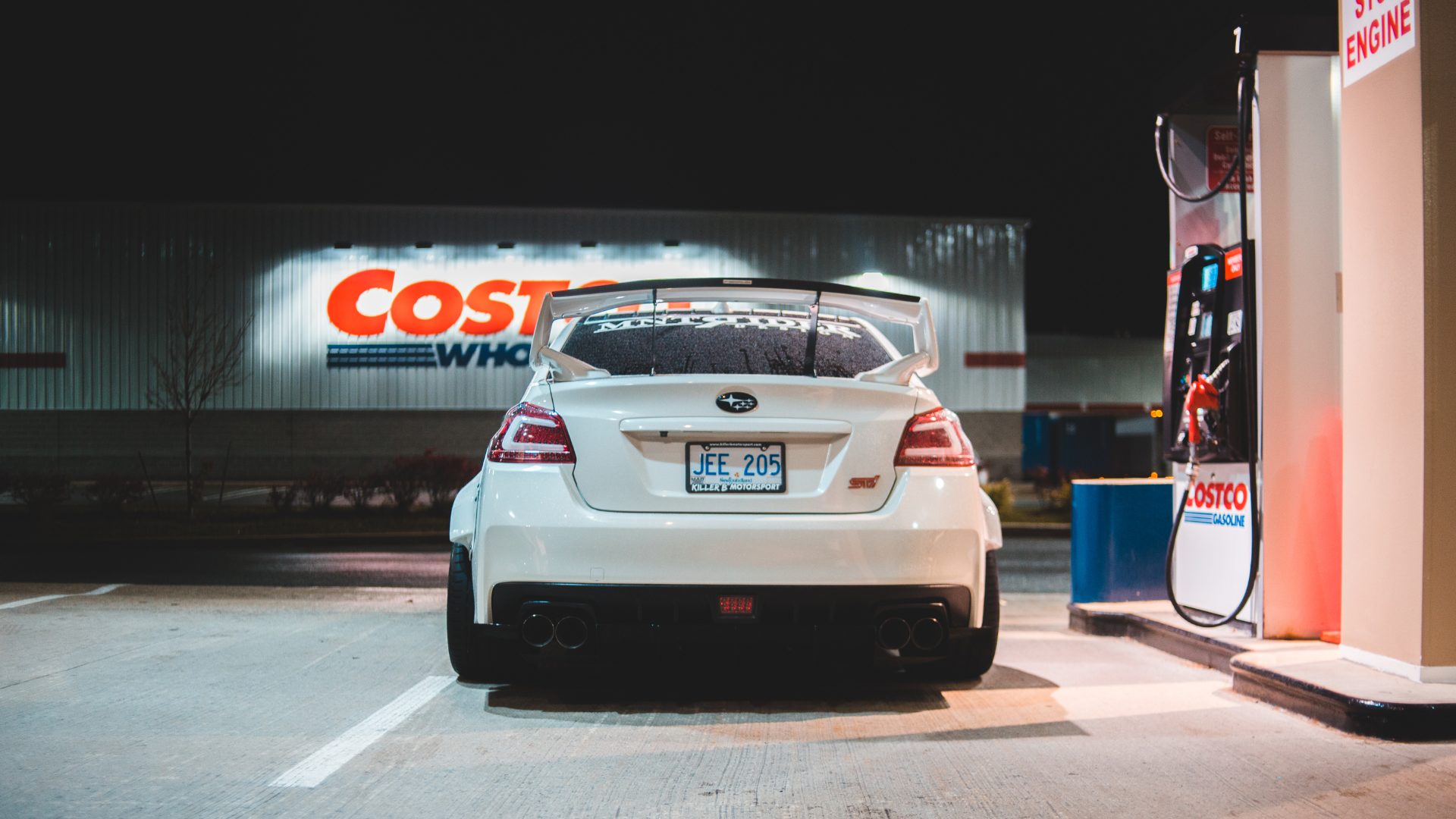The demand for private label grocery products remained strong throughout the pandemic, with higher-end premium lines driving sales for traditional grocers, clubs, and mass merchandisers.
Now, Kroger plans to add 660 items to its private label offerings in 2021, 60% of which will be in premium lines.
According to PLMA’s 2021 Private Label Yearbook, private-label sales totaled $158.8 billion in 2020, up 11.6% from the previous year. The food and beverage segment registered an even larger increase of 12.3% year over year, according to Statista.
But will competition in the premium private label food space continue to grow post-pandemic?
Millennials, Gen Z Stock Up
In 2020, 52% of millennials and 49% of Gen Z members bought store brands for the purposes of saving money, according to a report by Statista. By comparison, only 14% of Baby Boomers opted for private label brands based on price point.
“Millennials seem to be less brand loyal,” said Jennifer Bartashus, senior analyst for Bloomberg Intelligence, in an interview with The Food Institute. “[They] are willing to try new brands and products — even before the pandemic, but especially now — and are open to retailer’s private label brands. This plays into an interest in value, whether it be on price, on perceived quality, or extra benefits such as sustainability or fair trade attributes.”
Younger consumers are certainly not sacrificing premium over price. Product claims, such as organic, all natural and sustainably sourced, are now three times more likely to influence the purchasing decisions of a premium private label shopper, according to a report by Numerator.
Private Label Quality Tiers
Over the past five years, retailers have expanded their store branded offerings well beyond the traditional “generic” fare to include premium selections that address consumer’s ongoing health, environmental, and quality concerns.
Pre-pandemic, premium private label dollar share saw considerable growth compared to discount and mid-tier products, according to Nielsen data. Between 2016 and 2019, discount private label dollar share dropped 2.8% while premium tier share increased 1.3%.
2021: A Dynamic Playing Field
Premier fresh grocery stores like Whole Foods, Sprouts, Publix and Wegmans continue to expand their premium offerings, challenging the private label loyalties of trailblazers such as Trader Joe’s and Costco, and popular discounters like Aldi.
Additional players to watch in 2021:
- In April, Amazon added food line Aplenty to its roster of private label brands. The products, which include sweet and savory snacks, will be sold online and at its Amazon Fresh stores.
- Target’s Good & Gather brand, which launched in 2019, saw a 13.2% sales increase year-over-year, according to Numerator. In April, the company launched another food brand, Favorite Day, which focuses on sweet and savory indulgences.
- Kroger plans to add 660 items to its private label offerings in 2021, 60% of which will be in the Simple Truth or Private Selection premium lines. The company says its private labels were a $26 billion business in 2020, reported Marketwatch.
- Texas regional retailer H-E-B has surpassed Trader Joe’s, Amazon, and Costco as the top U.S. grocery retailer in dunnhumby’s 2020 Retailer Preference Index.
Outlooks suggest that as grocery availability expands throughout non-traditional channels, including dollar stores and drug chains, competitive retailers will continue utilizing premium private labels to differentiate themselves, build consumer loyalty and maintain market share.











